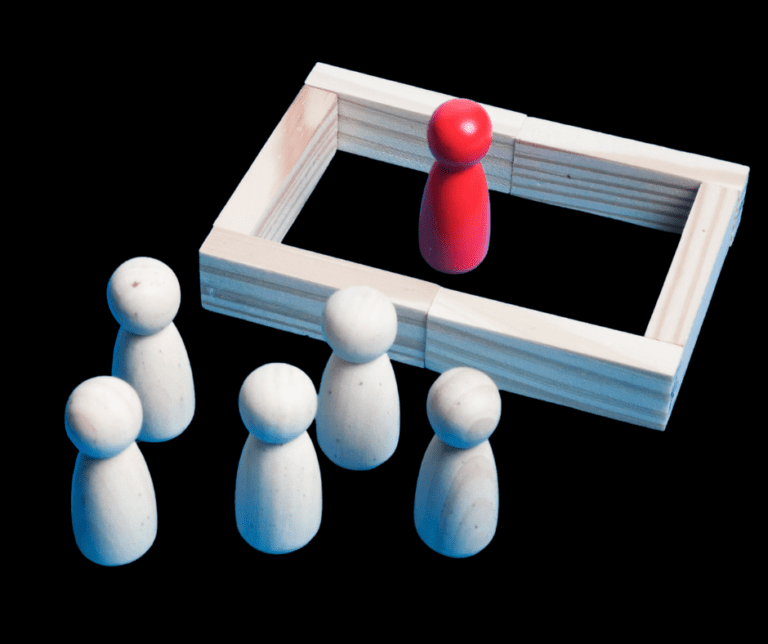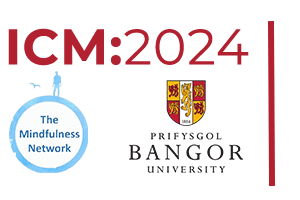Our aim is to make the 2024 International Mindfulness Conference as widely and easily accessible as possible, including welcoming neurodivergent meditators. Exploring neurodiversity brings new perspectives for practicing, teaching and researching mindfulness. In this blog, a neurodivergent member of our EDI advisory group answers questions on neurodiversity and explains our endeavours to create a neurodivergent-inclusive conference.
What are some common misconceptions about neurodiversity, and how can we address them going forwards?
There are common myths and misconceptions about each of the type of neurodivergence, but they are too numerous to mention! Every human is different, be they neurodivergent or neurotypical, so a key consideration is not making assumptions and engaging with each person as an individual.
It is often assumed that neurodivergent people are just one ‘thing’, i.e. just autistic or just dyslexic. This is rarely the case and there is a high incidence of ‘co-occurring conditions’. An alternative way of thinking about this is that current diagnostic categories may not reflect more complex, individual realities (Fletcher-Watson, 2022). This again highlights the need for people to be treated as individuals.

Some people think the term neurodivergence only applies to people who have lower support needs. This is not the case. Neurodivergent individuals who have profound intellectual and multiple disabilities (PIMD) are included under the neurodivergent umbrella. The inclusive approach is important due to the variety of individual experience, as well as the extent to which traits and capacity can fluctuate depending on the environment. Some neurodivergent people consider themselves to be disabled, while others do not.
If you think you don’t know anyone who is neurodivergent, here are a few high-profile examples: actors Daniel Radcliffe (dyspraxia), Dan Ackroyd (autism) and Salma Hayek (dyslexia); gymnast Simone Biles (ADHD) and World’s Strongest Man Tom Stoltman (autism); poet Amanda Gorman (sound hypersensitivity) and singer Billie Eilish (Tourette’s syndrome). Some companies are pursuing neurodivergent employees because they are convinced of the value diversity brings in terms of innovation, creativity and problem solving (Deloitte Insights, 2022; Johnson, 2024).

